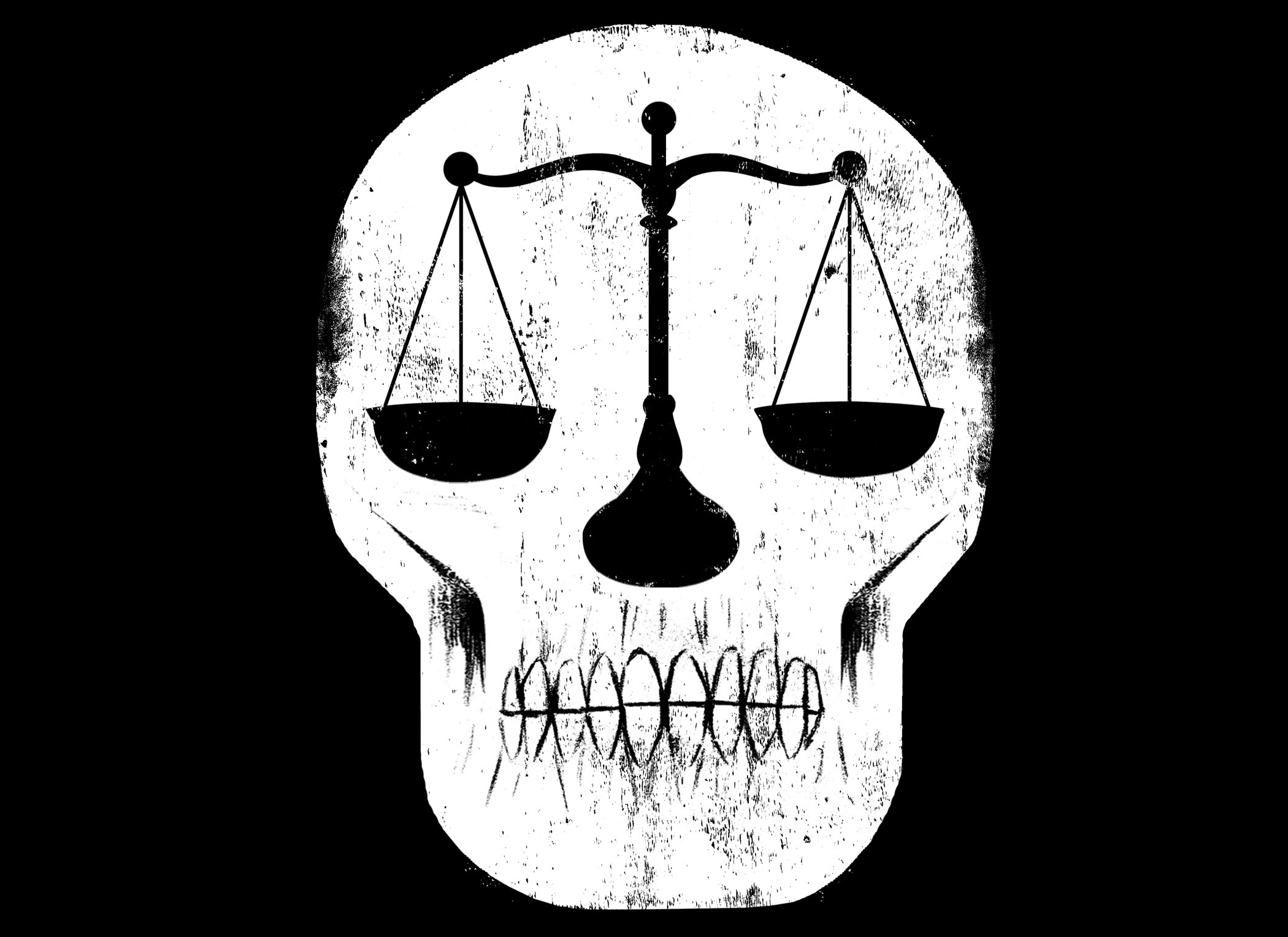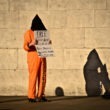It is now a quarter of a century since the United Nations Security Council voted unanimously to establish the International Criminal Tribunal for the Former Yugoslavia (ICTY). This decision marked the first time an international court had been established to prosecute and punish those who had committed atrocious crimes—war crimes, crimes against humanity, and genocide—since the Nuremberg and Tokyo tribunals in the immediate aftermath of World War II. The impetus to create the ICTY reflected international revulsion against “ethnic cleansing” in Bosnia-Herzegovina and Croatia. Coming not long after the end of the Cold War, the resolution was adopted by the Security Council at a moment when it was finally possible to obtain a global consensus on such matters.
Creation of the ICTY also came about because the international human rights movement was intent on securing accountability for crimes committed in the former Yugoslavia. The movement found allies in governments that were not ready to intervene militarily to stop ethnic cleansing but wanted to convey their concern over those crimes. Significantly, the establishment of the ICTY was followed by the creation of a number of other international courts, and courts with international components, that have tried those accused of comparable crimes committed in Rwanda, Cambodia, Sierra Leone, Lebanon, and Chad, and also with the adoption of a treaty for the creation of a permanent International Criminal Court in 1998 and that court’s creation in 2002.
As the international criminal tribunal with the longest history and the largest number of completed cases, the ICTY has by now been the subject of a substantial body of critical literature. Among those works, Diane Orentlicher’s book, Some Kind of Justice: The ICTY’s Impact in Bosnia and Serbia (Oxford University Press), stands out, reflecting the author’s political acumen and scholarly depth. Orentlicher, a longtime human rights advocate, is a professor of international law at American University and served as deputy U.S. ambassador for war crimes in the Obama administration. Her book is the first substantial effort to assess the effect of an international criminal tribunal in two countries on which the ICTY’s work has focused: Bosnia, home to the largest number of people severely victimized during the wars in the former Yugoslavia; and Serbia, whose leaders, along with the leaders of the Serbs in Bosnia, were accused of perpetrating the largest number of gross crimes.
When the ICTY was being debated in the period leading to its establishment, proponents of such a body—the present author among them—advanced many arguments for it. We said it would do justice, holding accountable those most responsible for great crimes. We also said that it would manifest respect for the victims, and for their families and communities, by pursuing a reckoning for those who caused their suffering. We argued that trials would establish the truth of what took place, counteracting subsequent efforts to rewrite history. Some suggested that trials could help to prevent attributions of collective guilt by demonstrating individual responsibility for criminal acts. Proponents also expressed the hope that prosecutions would deter the commission of future crimes. Some also argued that trials would promote reconciliation. Others suggested that reconciliation between victims and perpetrators was not as important as promoting a sense of responsibility among those who were not directly implicated in crimes, but who contributed to the political context in which they took place.
Among the most important measures of the value and impact of the tribunal is whether victims and survivors consider that the ICTY met their expectations for appropriate recognition of their suffering. Orentlicher has reviewed a large quantity of social science research on this subject and also conducted her own extensive research in the region. Her essential finding is that Bosniaks (Bosnian Muslims) formed a relatively favorable view of the tribunal. Almost all were glad it was established. At the same time, however, they were disappointed by many aspects of its work: trials that lasted too long; sentences they thought were insufficient; excessively benign conditions of detention; long delays in the apprehension and, therefore, the trials of the Bosnian Serb leaders, Radovan Karadzic and General Ratko Mladic; and the stunning acquittals, late in the history of the ICTY, of a few high-ranking Serb officials. Though the ICTY eventually brought to trial all those it indicted, except those who died before they could be judged, enthusiasm for the ICTY among victims declined over time. Some of the disappointment involved factors beyond the power of the ICTY itself, such as the lack of cooperation by Serb authorities, which delayed the apprehension of Karadzic and Mladic. In other respects, however, such as the excessive prolongation of trials due to judicial inexperience, and a few questionable decisions by certain judges, the ICTY’s own shortcomings contributed to the decline in victim approval.
Orentlicher also examines the status of “denial and acknowledgment” in Serbia. Since the early campaigns by the human rights movement to promote accountability—which accompanied transitions in the 1980s from military dictatorships in Latin America that had committed gross abuses to democracy—the concept of “acknowledgment” has played a crucial role. When atrocities are committed, it is often the case that many persons know about them. They know what crimes took place, who were the victims, and the identities of those most responsible. In seeking accountability, a main purpose of rights advocates is to go beyond knowledge to acknowledgment: official public recognition that specific individuals and institutions contributed in particular ways, actively or passively, to the commission of such crimes. Even when many criminal trials take place, as in the case of the ICTY, only a small number of the crimes’ authors, and a far smaller fraction of those who made them possible, can actually be brought to judgment.
Even when many criminal trials take place, as in the case of the ICTY, only a small number of the crimes’ authors, and a far smaller fraction of those who made them possible, can actually be brought to judgment.
Accordingly, rights advocates would like trials to persuade others, including many who do not necessarily share in criminal guilt, to acknowledge their own moral and political responsibility for allowing such crimes to take place. Many Germans, for example, who were not directly implicated in the crimes of the Nazis during World War II, accepted moral and political responsibility for those crimes over time. Acknowledgment is essential if there is to be movement in this larger direction.
Denial is, of course, the opposite of acknowledgment. It will not surprise even those who have followed developments in Serbia from a distance and only sporadically over the past quarter of a century that Orentlicher finds denial far more widespread than acknowledgment.
Orentlicher identifies three broad categories in which facts are denied in Serbia: first, “the scale and nature of atrocities committed by ethnic Serbs against members of other groups”; second, “the scale of wartime atrocities perpetrated by Serbs relative to those committed by members of other groups”; and third, “the role of Serbian state institutions in sponsoring war crimes committed by ethnic Serbs.”
Despite a large amount of evidence, including that produced in trials at the ICTY, Orentlicher finds that many Serbs do not believe reports that Serb snipers killed thousands of civilians during the more than three-year-long siege of Sarajevo, or that the massacre of about 8,000 Muslim men and boys captured by the Serbs at Srebrenica constituted genocide. Though studies indicate that about 83 percent of civilians who died or disappeared during the conflict were Bosniaks, many Serbs believe that the majority of victims were their fellow Serbs. Also, Orentlicher finds that most Serbs do not acknowledge the role of Serb institutions such as the Yugoslav National Army (JNA), which was dominated by Serb President Slobodan Milosevic and became “an instrument of specifically Serb interests.” Orentlicher points out that “while [ICTY] verdicts in several cases … include richly detailed accounts of Serbian support for murderous paramilitaries in Bosnia, former Yugoslav citizens often perceive ICTY judgments in reductionist terms. If a Serbian official is acquitted based on insufficient evidence of his own guilt, the Tribunal in effect absolved Serbia of responsibility.”
Despite these findings, Orentlicher reports that when speaking to those Serbs who hoped the ICTY would have a more substantial impact, “I heard repeatedly the Tribunal’s work has laid a firm foundation for future acknowledgment.” She quotes one Serb human rights advocate who tells her: “‘it will take much more time than we expected’ for Serbian society to accept key facts authenticated in The Hague (the site of ICTY proceedings).” If that view turns out to be right, the longer-term judgment on the ICTY may yet resemble the historical assessment of Nuremberg. Both tribunals had substantial shortcomings. Yet by careful fact-finding about the crimes, their victims, and their perpetrators, these morally ambitious undertakings seek eventually to make denial impossible and help to bring about acknowledgment.
Aryeh Neier is president emeritus of the Open Society Foundations.






0 Comments